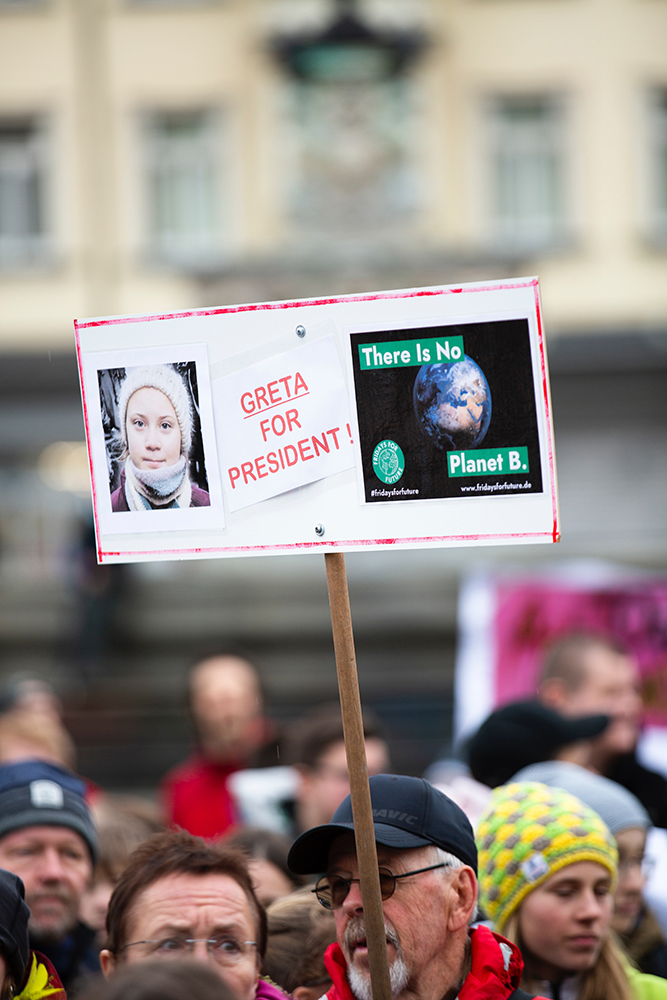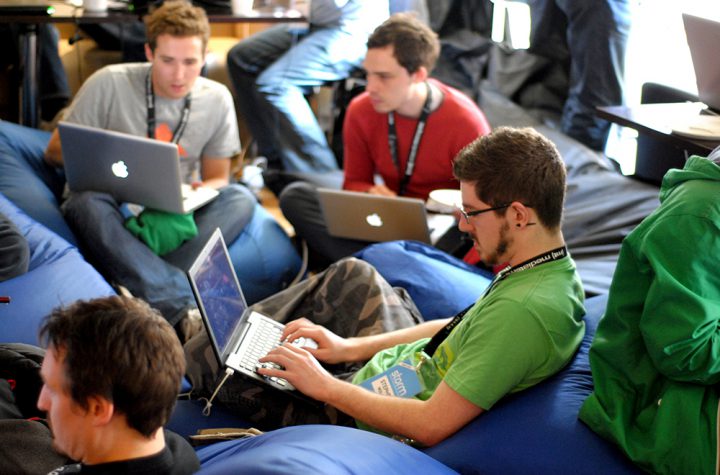
South Korea’s National Assembly in Seoul.
Photographer: Ed Jones/AFP via Getty Images
South Korea’s main opposition party changed its name to appeal to moderate voters, seeking to build on the momentum it’s picked up as President Moon Jae-in’s progressives face public anger over high housing prices.
The United Future Party on Thursday rebranded itself as the People Power Party, carrying on a local political tradition of trying to show a new focus by running under a new name. The conservatives are attempting to appeal to younger voters who may still be wary about the right’s historical ties to big business and the military-backed government that suppressed civil rights until the late 1980s.
“We need to change if we want to survive,” interim party leader Kim Chong-in told a news conference in parliament.
The change comes just days after Moon’s ruling Democratic Party picked Lee Nak-yon as its new leader, paving the way for a possible bid by the former prime minister in the 2022 presidential election. The gap between the parties in public support has all-but vanished, and both groups are staking out new positions ahead of the race to replace Moon, when his single, five-year term ends.
A poll earlier last month showed conservatives exceeding the ruling party’s approval rating for the first time since 2017. That’s when the last conservative president, Park Geun-hye, was removed from office amid a corruption scandal that later landed her in prison.
South Korea Ruling Party Makes Ex-PM Top Presidential Contender
The group has fought for years to rebuild, including two prior name changes. The latest moniker reflects a departure from previous names that emphasized “freedom” and “Korea.”
“Gone are the days when the names of political parties need to state word for word what our ideological beliefs are,” Kim said earlier this week.
Kim also made a
surprise move when he visited a cemetery in Gwangju last month that honors those killed in South Korea’s democracy movement in the 1980s, becoming the first major conservative party leader to offer contrition at a site that is at the heart of the progressive movement.
In a signal of a new direction, the opposition party amended its policy platform and introduced a pledge to seek a basic income for all of citizens, backing an agenda usually reserved for liberals.
Lee Nak-yon said when he won the leadership race among progressives that he would “succeed and develop” the policies of Moon, whose administration has announced more than 20 measures to curb home prices and has pledged to reduce income inequality.
Before it’s here, it’s on the Terminal.
LEARN MORE





More Stories
US president-elect Joe Biden has listed four priorities for his forthcoming presidency. These include Covid-19, economic recovery, racial equity and climate change.
What are the restrictions within Victoria and the border closures with NSW and Queensland? How far can I travel, and how many people can I have over at my house? Untangle Australia’s Covid-19 laws and guidelines with our guide
Apple has suspended new business with supplier Pegatron after the Taiwan-based original equipment manufacturer misclassified student workers. Apple also said Pegatron broke its Code of Conduct for suppliers. In a statement provided to Bloomberg, Apple said, “…